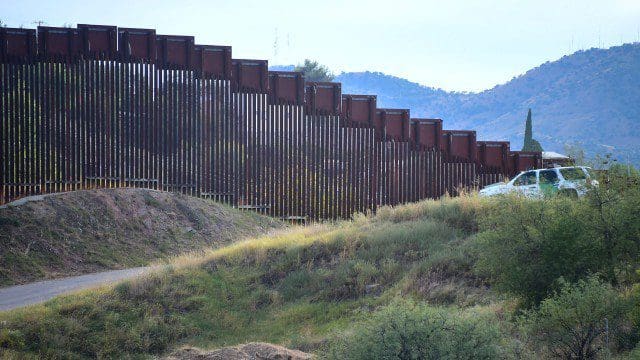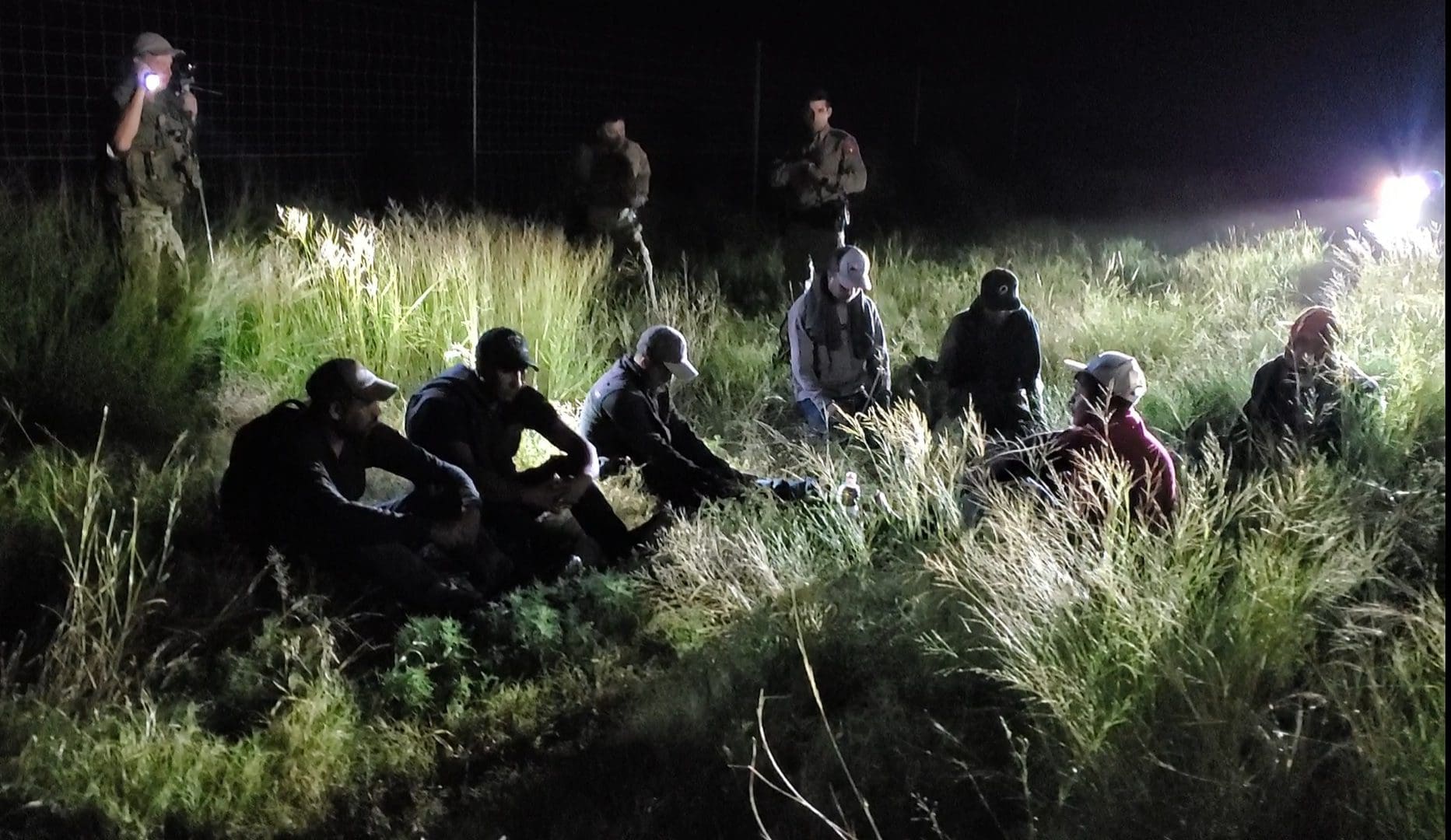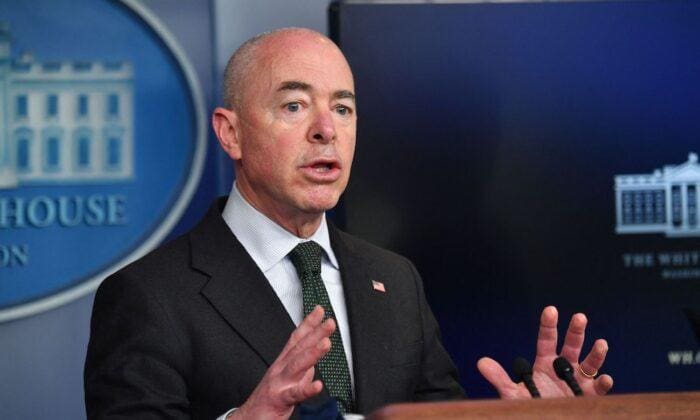The Texas Senate Committee on Border Security held a hearing Tuesday to gather testimony on Operation Lone Star—Gov. Greg Abbott’s border security initiative—from Director Steven McCraw of the Texas Department of Public Safety, First Assistant Attorney General Brent Webster, as well as the Office of Court Administration and the Legislative Budget Board.
Committee Chairman Brian Birdwell (R–Granbury), during his discussion with Director McCraw, concluded that there are no consequences for illegal border-crossers in roughly 90 percent of law enforcement encounters based on the numbers presented to him.
McCraw acknowledged that while there are nuances involved in that rough statistic, which makes it incomplete, the gist of it is correct.
“I don’t know how much worse it can get,” confirmed McCraw.
Due to the dissemination of information via social media regarding the Biden administration’s tacitly open border policy to people around the world, the staggering numbers of illegal border-crossers are uncontainable by Operation Lone Star without federal due diligence.
“We can’t force the federal government to do the right thing,” said McCraw.
Essentially, in following the law, providing due process for illegal border-crossers, and attempting to lawfully handle the crisis at hand, “our obedience to the law is being leveraged against us,” said Birdwell.
Since immigration policy, particularly regarding deportation, is under federal jurisdiction, as explained by Webster, legally there is little recourse under established precedent for Texas to deport illegal border-crossers as a means of consequence.
“Our hands are somewhat tied in what we can legally do,” explained Webster.
However, Webster did request that the committee consider enacting laws that enable the Texas attorney general’s office to challenge the precedent established by Arizona v. United States (2012), which places deportation in strictly federal jurisdiction.
One facet of the current border crisis is the heavy cartel involvement with human trafficking and drug trafficking across the border. “These [border] incursions, that are being led by the cartels, often include some other criminal act,” said Webster.
Committee member Chuy Hinojosa (D–McAllen) asserted that Texas would have to technologically compete with the cartels in order to catch them and would receive little assistance from Mexico since the cartels are “almost a shadow government” in the country.
Webster maintains that “the policies they’ve [White House] adopted solely benefit the cartels.” He added that the cartels are the ones benefiting from the current crisis, due to the fact that the Biden administration refuses to enforce federal immigration laws and procedures, such as the migrant protection protocols.
“Cartels control the border, and they’ve found a way [human trafficking] to monetize it,” said Webster.
The administrative director of the Office of Court Administration, Megan LaVoie, reported that although there have been backlogs of cases at various times, the current system with remote magistrates seems to be working properly now. LaVoie also said there are more resources available for counties in need of help with processing the illegal border-crossers.
Birdwell plans to reconvene the committee within the month to hear more testimony regarding budgeting resources and eventually firsthand accounts on the state of the border from the Texas National Guard.





